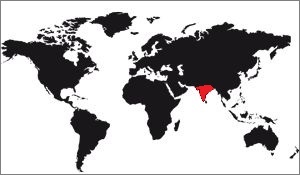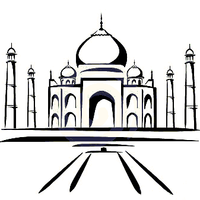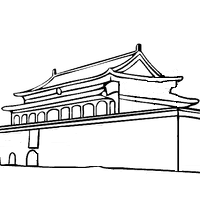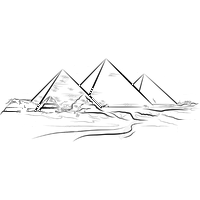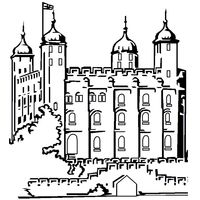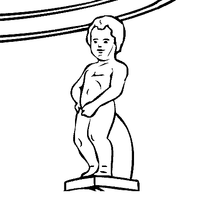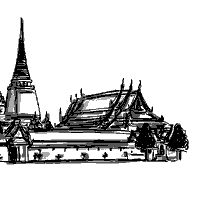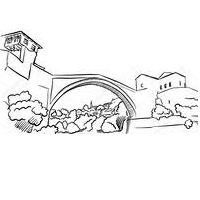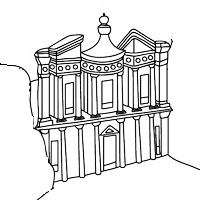It was in Pakistan during the exile of his father Mughal emperor Humayun that Akbar was born on October 15, 1542. He is still a child when Humayun restores Mughal power to Delhi and only 13 years when his father dies February 11, 1556. Bairam Khan, his guardian, crowned him three days later and became regent of the kingdom. It was he who saved the Mughal kingdom by defeating General Hemu's troops in the second Battle of Panipat in 1556, and it was he who would enable the Mughals to win numerous battles.
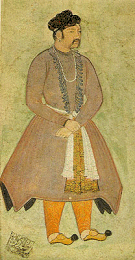
But in 1560 Akbar decides to emancipate and puts an end to the regency. Bairam Khan organizes a revolt quickly mulled by Akbar. At 18 he became the absolute master of the Mughal empire.
With an astonishing open-mindedness and great political intelligence, and though almost illiterate, Akbar undertook profound reforms, both administrative and cultural. He decides that the emperor retains absolute power, aided by a council of ministers led by the Vizier. He divides his kingdom into big provinces by putting at their head a governor (the sudebard, who will later become the nawab) assisted by a civil administrator (the diwan) charged among other things with collecting the tax. It makes the legal system more flexible even if it remains the supreme judge. In 1563 Akbar abolished the jizia, a tax to be paid by the Hindu pilgrims, a revolutionary measure at the time. It removes restrictions on the construction of Hindu temples, prohibits consanguineous marriages and makes it illegal to practice sati (ritual sacrifice of Hindu widows).
To mark his religious tolerance he married many Hindu princesses and even a Christian. His most important wife however remains Jodha Bai, rajput princess, who will give birth to crown prince Salim.
Akbar is also a lover of the arts and will be a great patron. He brought to his court the greatest artists of the time. But this should not make us forget that Akbar is above all a conqueror. As soon as he took real power in 1560 he decided to attack the Rajput kingdoms. Most of the time, instead of occupying these territories by force, he leaves them a certain autonomy and marries the princesses.
However, Akbar is ruthless with the Rajput leaders who resist him, like Mewar, whose capital Chittor he besieged in 1567. After the fall of the latter, he ordered a general massacre. The Mewar leaders nevertheless escaped death and the Mewar was never taken by Akbar.
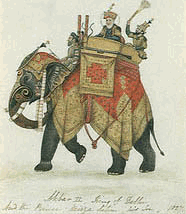
Akbar then seized Gujarat and the important port of Surat in 1573, then Bengal in 1576, Kashmir in 1586, Orissa in 1592 and Sindh in 1595. To celebrate his victory over Gujarat, Akbar decided to build a new capital in Sikri where lived the saint Salim Christi whom Akbar particularly liked.
He named it Fatehpur Sikri and became the capital of the Mughal empire between 1569 and 1585, when Akbar abandoned it totally to return to Agra.
The last years of the reign of Akbar will be marked by the escapades of Crown Prince Salim. the latter refuses to follow the instructions of his father and will settle in Allahabad. He seizes several provinces and even strikes money in his name. It is a rebellion that Akbar can not tolerate. The worst will nevertheless be avoided thanks to the intervention of the widow of Bairam Khan who will manage to reconcile the two men. Akbar officially designates Salim, who will become Jahangir, as the heir to the throne. He died shortly after 27 October 1605. He was buried in Sikandara, near Agra.
See also:




